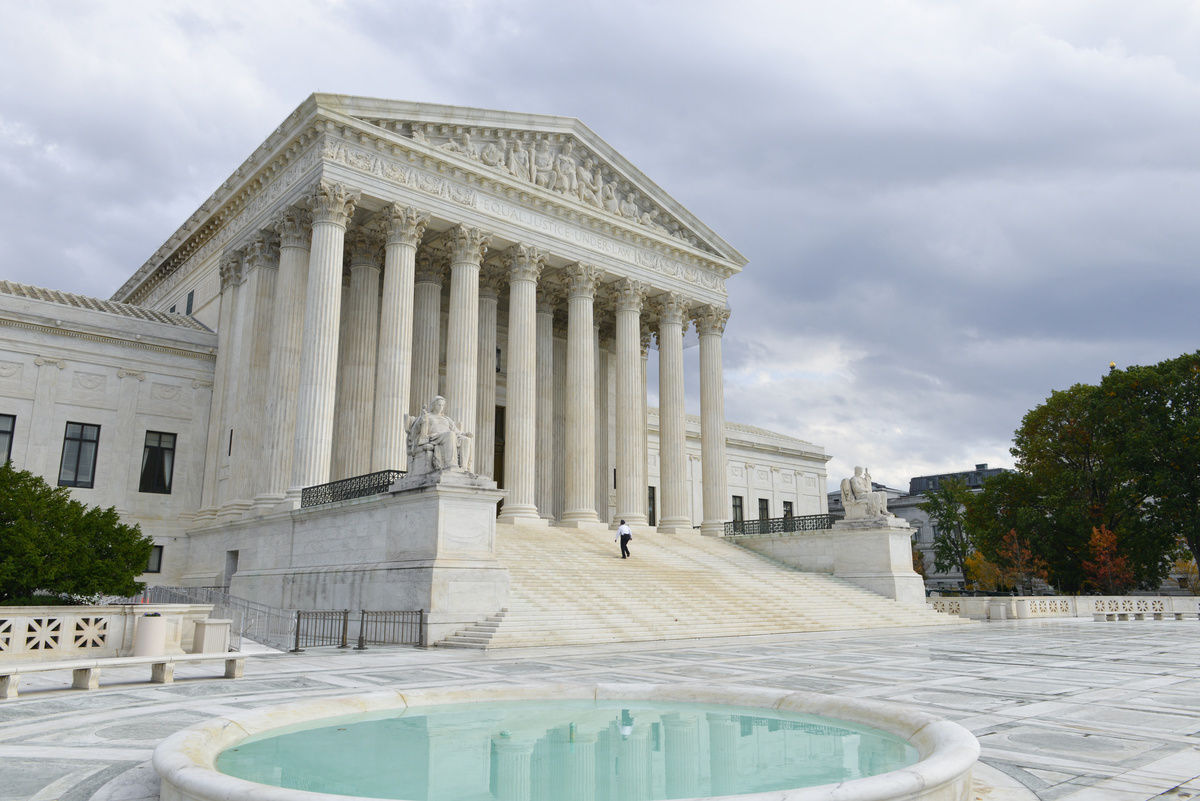
Legal
How State Lawmakers Regulated Marijuana, Hemp, and Kratom in 2025
February 5, 2026 | Kerrie Zabala, Michael Greene
July 15, 2025 | Sandy Dornsife

Key Takeaways:
The U.S. Supreme Court's 2024-2025 term concluded with a flurry of consequential decisions that will reshape state policy across the nation. While the Court typically builds momentum toward the end of each term, this year's finale was particularly striking. Out of the sixty-six U.S. Supreme Court opinions released in the 2024-2025 term, forty-six of those opinions were released between the end of March and June. In fact, almost 50% of opinions this year were not released until the last month of the term, and, as has been true in the past, these late term decisions are some of the most controversial and impactful decisions to be released so far.
Here are five notable cases decided by the U.S. Supreme Court this month that will have a deep impact on state policy.
In Ames, the plaintiff brought a claim alleging that she suffered Title VII employment discrimination when two homosexual candidates received positions for which the plaintiff was being considered. Lower court decisions determined that allegations of discrimination by members of a majority group must satisfy a higher bar than those made by members of minority groups. However, the U.S. Supreme Court unanimously ruled that claims of majority group members do not need to satisfy any additional requirements than those made by minority groups.
The case of Louisiana v. Callais is notable not for what actions the U.S. Supreme Court took, but, in fact, for its failure to act at all. The case involves a challenge to the state’s voting district map established in 2024, which created a second majority-Black district. This new map was the result of a prior court ruling that the state’s 2022 map violated the Voting Rights Act when it only allotted one majority-Black district out of the six in the state, despite the fact that one-third of the state population was Black. On June 27, the court ordered the case to be re-argued next term, although Justice Thomas issued a strong dissent to the postponement. Court precedent has previously held that while racially motivated gerrymandering is unconstitutional, gerrymandering for the purpose of benefiting one party over another is permissible.
In a 6-3 vote divided along ideological lines, the U.S. Supreme Court ruled that parents of public school children must be given advance notice of the use of LGBTQ+ books in public school curriculum, as well as the opportunity to opt out of such instruction. The Court agreed with the plaintiffs’ argument that these actions were necessary in order to preserve parents’ rights to “direct the religious upbringing of their children.”
In another 6-3 decision split along ideological lines, the Court reversed a lower court’s ruling that had upheld individual Medicaid patients’ right to sue for enforcement of care rights. The case originated from a 2018 order issued by then South Carolina Governor Henry McMaster prohibiting all state agencies from providing public funds to any provider affiliated with an abortion clinic, even when such funds were being used for non-abortion-related care, such as birth control and gynecological services. The Supreme Court’s conservative justices determined that the duty to protect an individual’s rights under the federal Medicaid Act is for elected representatives to exercise and not individuals through private actions. While the decision only denies that individuals have standing to sue to protect Medicaid rights, its effect permits the South Carolina order to be enforced.
On June 18, the U.S. Supreme Court issued its opinion in the case of United States v. Skrmetti, which challenged the constitutionality of Tennessee’s 2023 law banning gender-affirming medical interventions. The Court’s majority opinion found that the ban on gender-affirming care did not discriminate based on sex, but on age (as it only applied to minors) and medical use (meaning that the medical treatments were only prohibited from being used for certain purposes), and as such, the ban need only satisfy a rational basis standard of review. The Court held that Tennessee’s ban passed this review, asserting that there is uncertainty in the medical community regarding the provision of gender-affirming care to minors and states are granted “wide discretion to pass legislation in areas where there is medical and scientific uncertainty.”

February 5, 2026 | Kerrie Zabala, Michael Greene

February 4, 2026 | Sandy Dornsife

January 26, 2026 | Jason Phillips, Anthony Amatucci